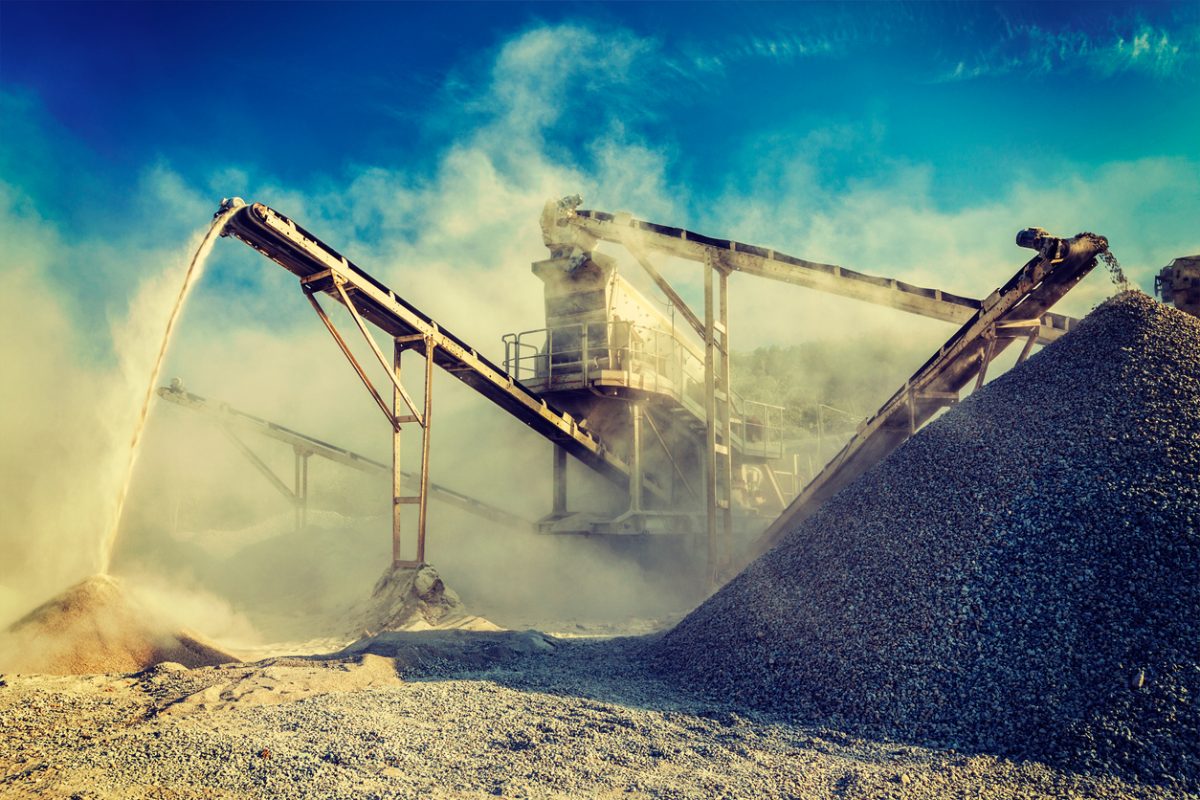Rare earth discovery in Sweden: Processing of raw materials could take place in Norway in the future.
A large rare earth discovery in Sweden made headlines a good two weeks ago. According to its own information, the state-owned mining company LKAB discovered more than one million tons of rare earth oxides near the city of Kiruna (we reported). LKAB operates an iron ore mine there, and the rare earths could be mined as a byproduct. The euphoria is great, because Europe’s dependence on China, the world’s largest producer of rare earths to date, could be significantly reduced as a result. However, it is now clear that it will be several years or even decades before the Per Geijer deposit becomes a mining project.
Meanwhile, LKAB is already investing in the processing of raw materials, a market that Chinese companies dominate just as much as mining. In November, LKAB became the majority owner of REEtec, a Norwegian company that has developed rare earth separation technology. This is said to be efficient, competitive and at the same time significantly more environmentally friendly than previous processes, and has been tested in a demonstration plant since 2019.
LKAB is contributing the equivalent of around 37 million euros to the construction of REEtec’s first factory. Together, they want to create the basis for a strong and sustainable Nordic value chain for rare earth metals, says Jan Moström, president and CEO of the Swedish group. German company Bilfinger is also involved in the design and construction of the factory.
Rare earths from Sweden to be processed from 2027 onwards
Production at the Norwegian site in Herøya is scheduled to start in 2024, with an initial 720 tons of neodymium and praseodymium per year, five percent of EU demand, according to REEtec. As we reported, supply agreements have already been signed with German automotive supplier Schaeffler, among others. The raw material to be processed will come from Canadian mining company Vital Metals.
REEtec also plans to process rare earths from LKAB in a second factory, which is scheduled to go into operation in 2026. These will be byproducts from iron ore mining and available from 2027, according to the statement.
Europe expands its rare earth industry
Faced with growing geopolitical uncertainties and looming raw material shortages, more and more players are investing in the expansion of a European rare earths value chain. In Estonia, Canadian group Neo Performance Materials is planning a factory for sintered rare earth permanent magnets, integral components for electric cars as well as wind turbines, with financial support from the Estonian government. Production could start in 2025, the company said. Neo Performance Materials already operates a rare earth separation plant in Estonia.
Belgian chemicals group Solvay operates another processing plant in France, which is to be expanded to separate a wider range of rare earth oxides, including neodymium and praseodymium. A rare earth processing plant is also being built in England, with production scheduled to start as early as the end of 2023.
Photo: iStock/f9photos


